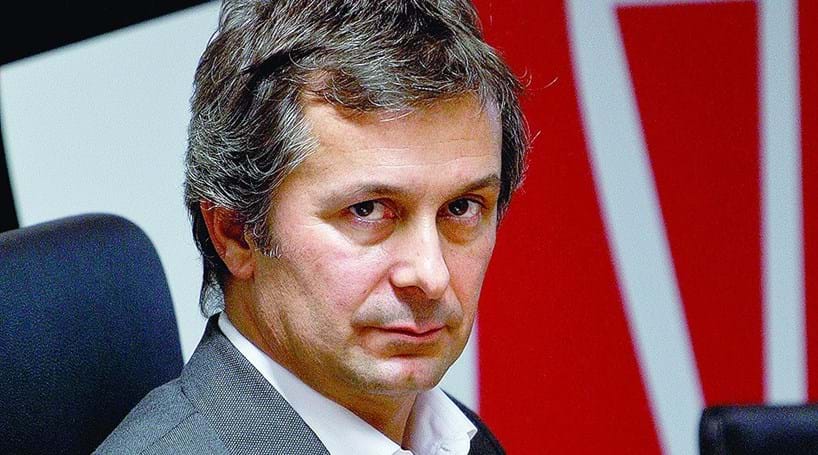 A controversial judge has been selected to decide whether or not the trial of those accused in Operation Marquês should go ahead.
A controversial judge has been selected to decide whether or not the trial of those accused in Operation Marquês should go ahead.
Madeiran, Ivo Rosa, will see if the evidence against the accused was gathered in a legal way and whether cases should proceed.
Rosa takes over from Carlos Alexandre who headed the investigation phase of this huge investigation resulting on 28 defendants - 19 people (including former PM José, former Minister Armando Vara and disgraced banker Ricardo Salgado) and nine companies – who are accused of almost 200 economic and financial crimes.
Operation Marquis’s focus always has been the former Prime Minister, José Sócrates, who is accused of 31 crimes.
This new phase of the process is procedural and optional. In practice, it consists of a kind of ‘pre-trial’ that seeks to confirm or not the evidence gathered during the investigation phase.
Defendants’ lawyers hope that their clients will not have to face trial if the gathering of evidence is anything other than upright and the facts relating to their clients are ‘direct’ and not circumstantial – a difference that Ivo Rosa is ruthless at defining.
Rosa now has the power to halt the entire Operation Marquês trial.
Of the 28 defendants, 13 have applied in time to be considered in this pre-trial process, including José Sócrates, Henrique Granadeiro, Zeinal Bava, Armando Vara, Hélder Bataglia and Carlos Santos Silva.
Ricardo Salgado did not apply, with his lawyers stating that their client, "does not intend to be subject to the risk of submitting to this scenario."
The Madeiran judge is known to be strict when looking at evidence, how it was obtained and whether its collection was legal.
One of his controversial decisions was the case of the ‘multibanco gang,’ in which Ivo Rosa acquitted 11 of the 12 defendants, precisely because there was no direct evidence. Among several crimes, the suspects were charged with criminal association, robberies and robberies qualified for assaulting ATMs. Only one member was convicted, but for drug trafficking.
The decision was appealed and was annulled. The trial had to repeated trial with judges expressing, " a mixture of incomprehension and perplexity" over the earlier acquittals, stating that there had been a "gross and blatant error."
The second trial saw eight of the group's 12 members convicted, five of whom were sentenced to prison terms.
João Araújo, still representing José Sócrates said on hearing the news, that "in this case there is finally a legal judge and not a judge chosen by the Public Prosecutor's Office", after Ivo Rosa was drawn for the investigation phase the process.
Speaking to journalists, João Araújo said he felt "great comfort because the law was fulfilled" and admitted that "I would not like the chosen judge to be Carlos Alexandre whose bias seems obvious to me," said the lawyer of the former prime minister.
In turn, Paula Lourenço, lawyer of Carlos Santos Silva, businessman and friend of José Sócrates, told reporters that she was satisfied with the name dictated by the draw.
"I am pleased that it’s not the same judge who followed the whole investigation phase," said Lourenço.
Ivo Rosa was born on September 17, 1966, and is from Santana, in Madeira, later studying law in Coimbra and becoming a judge at the age of 26.

Ivo Rosa, picture: Correio da Manhã


























Comments
Time will tell if there is the political backbone to rid corruption in there own house. Or as many fear this will just be another waste of tax payers money.
But today no "arguido oik" will have any idea this stage has happened as his lawyer has 'arranged for a fee' for his case to fail with missing, incomplete or poorly prepared evidence - so as to get another earner in another court.